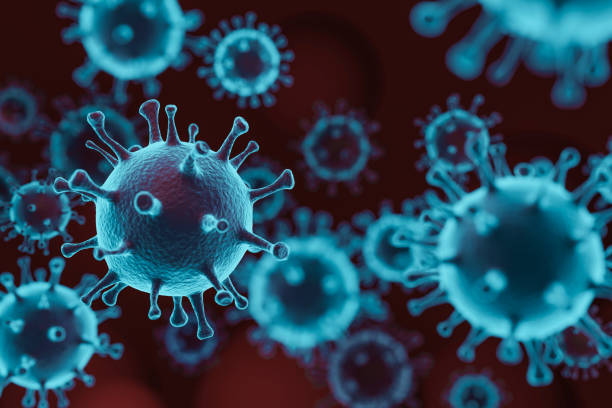By Sunyoung Kim et al.
Source Nature
Abstract
We investigated whether SARS-CoV-2 infection is associated with short- and long-term neuropsychiatric sequelae. We used population-based cohorts from the Korean nationwide cohort (discovery; n = 10,027,506) and the Japanese claims-based cohort (validation; n = 12,218,680) to estimate the short-term (<30 days) and long-term (≥30 days) risks of neuropsychiatric outcomes after SARS-CoV-2 infection compared with general population groups or external comparators (people with another respiratory infection). Using exposure-driven propensity score matching, we found that both the short- and long-term risks of developing neuropsychiatric sequelae were elevated in the discovery cohort compared with the general population and those with another respiratory infection. A range of conditions including Guillain-Barré syndrome, cognitive deficit, insomnia, anxiety disorder, encephalitis, ischaemic stroke and mood disorder exhibited a pronounced increase in long-term risk. Factors such as mild severity of COVID-19, increased vaccination against COVID-19 and heterologous vaccination were associated with reduced long-term risk of adverse neuropsychiatric outcomes. The time attenuation effect was the strongest during the first six months after SARS-CoV-2 infection, and this risk remained statistically significant for up to one year in Korea but beyond one year in Japan.
Read more https://www.nature.com/articles/s41562-024-01895-8

